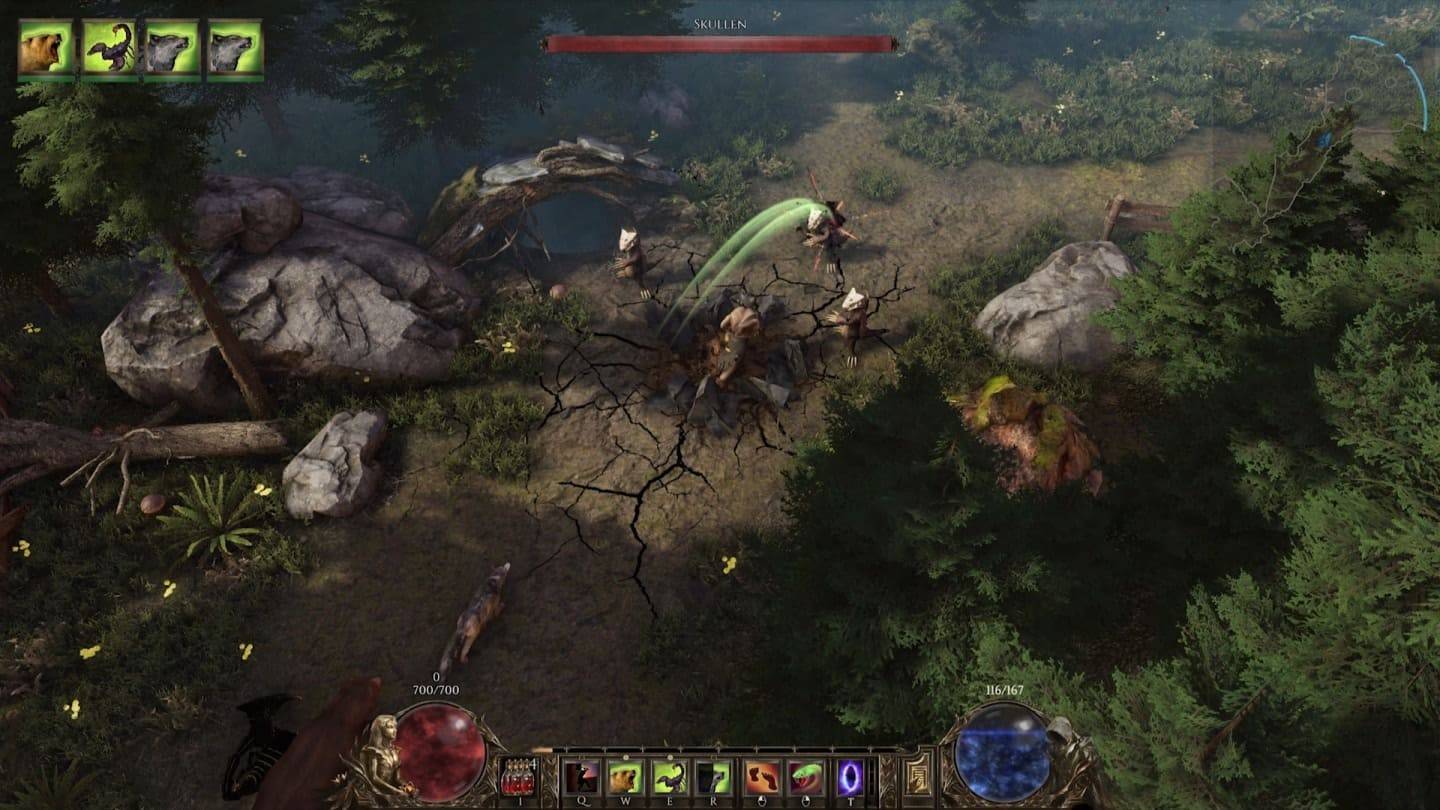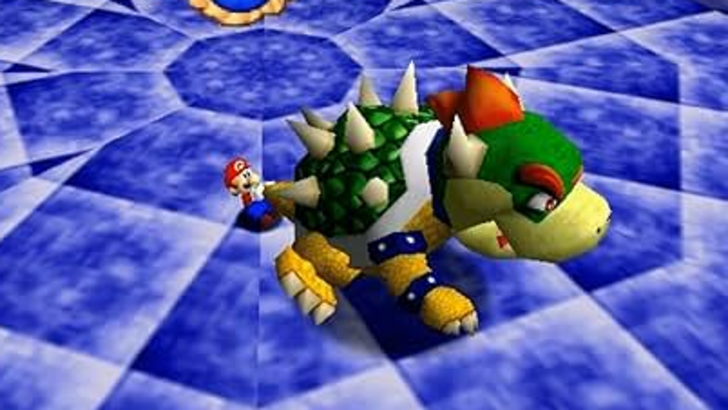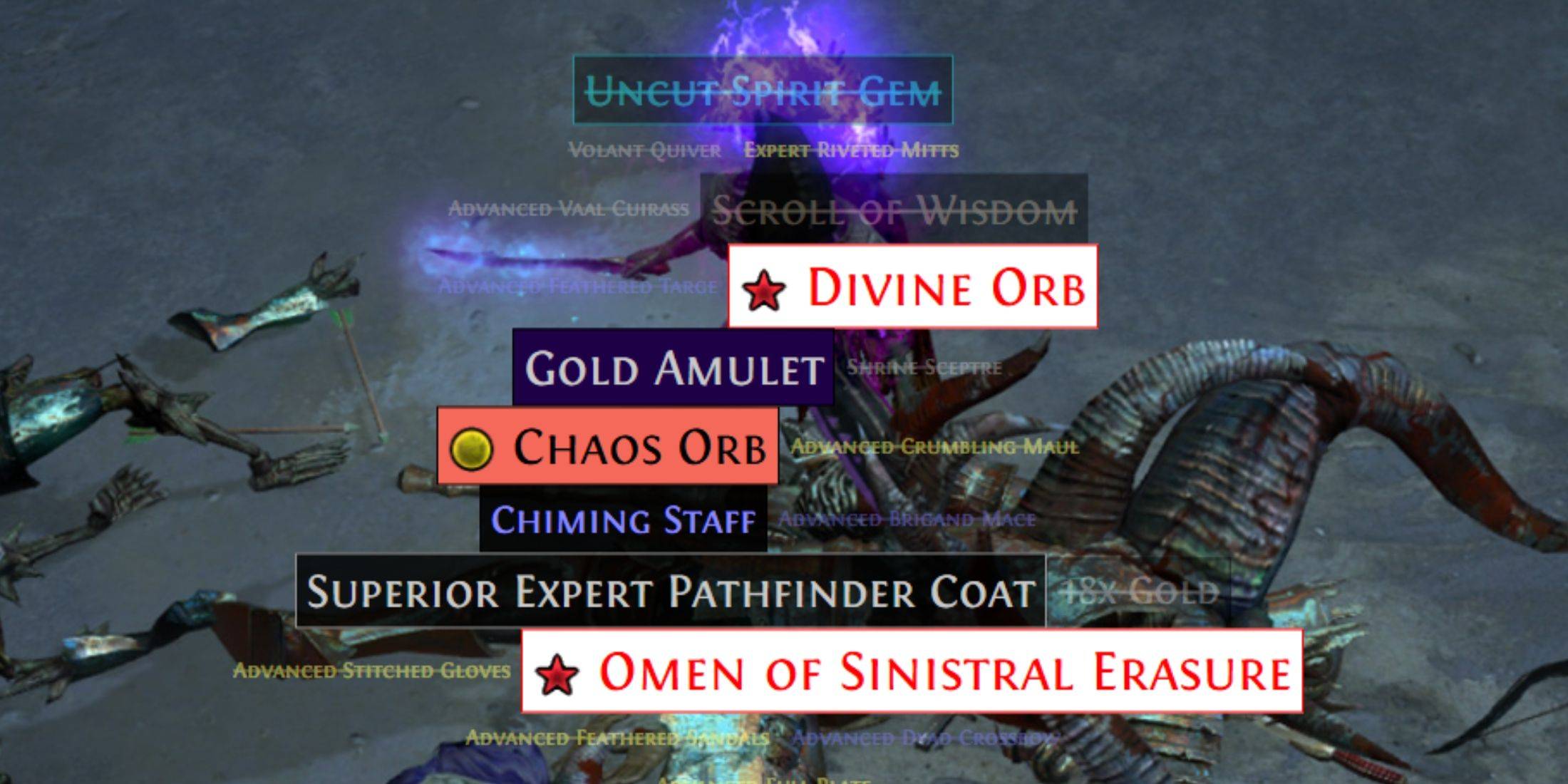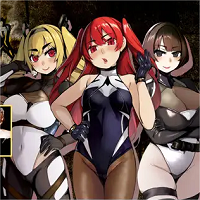
Yasuhiro Anpo, the director behind the remakes of Resident Evil 2 and Resident Evil 4, shed light on the journey to bring back the beloved 1998 classic. Anpo revealed that the decision to revamp Resident Evil 2 stemmed from a clear signal from fans eager to see the game restored to its former glory. In Anpo's words, "We realized: people really want this to happen". This fan demand prompted producer Hirabayashi to decisively state, "Alright, we'll do it".
Initially, the team considered tackling Resident Evil 4 first. However, after thorough discussions, they recognized that RE4 was already highly acclaimed and nearly perfect. The risk of altering such a revered game was significant, leading the team to pivot to the earlier installment that was in dire need of modernization. To align with fan expectations, the developers also delved into fan projects for insights into what players desired from the remake.
Despite Capcom's internal deliberations, doubts persisted among fans even after the release of the remakes of Resident Evil 2 and Resident Evil 3, and the announcement of Resident Evil 4's remake. Many argued that RE4, unlike its predecessors, did not require as much updating. The original Resident Evil 2 and Resident Evil 3, launched in the 1990s on the PlayStation, were hampered by outdated features like fixed camera angles and cumbersome controls. In contrast, Resident Evil 4, released in 2005, had revolutionized the survival horror genre. Despite initial skepticism, the Resident Evil 4 remake successfully retained the essence of the original while enhancing gameplay and narrative elements.
The overwhelming commercial success and positive critical acclaim validated Capcom's approach, demonstrating that even a game deemed nearly untouchable could be respectfully reimagined with innovative touches.

 Latest Downloads
Latest Downloads
 Downlaod
Downlaod
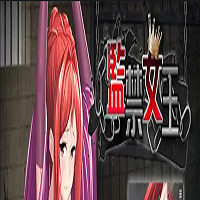



 Top News
Top News